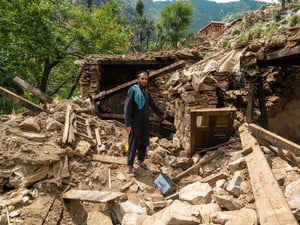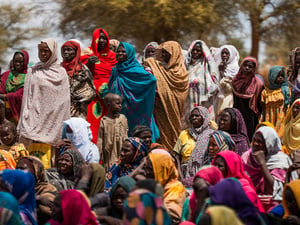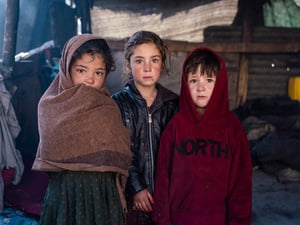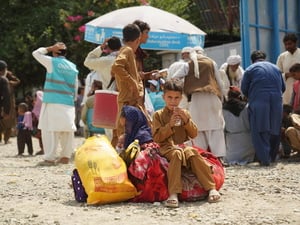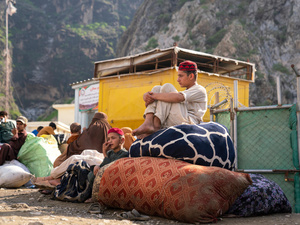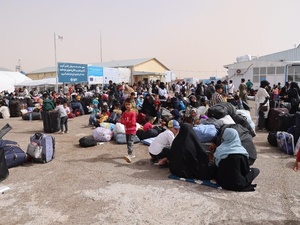UNHCR, Pakistan address complaints from harassed Afghan refugees
UNHCR, Pakistan address complaints from harassed Afghan refugees

Some Afghan refugees in Pakistan are facing increasing pressure to go home.
ISLAMABAD, Pakistan, May 24 (UNHCR) - The UN refugee agency is working with Pakistan government authorities to address recent complaints from Afghan refugees about police harassment, forced evictions and extortion in the Pakistan capital of Islamabad and the neighbouring city of Rawalpindi.
Since receiving these reports, UNHCR has had two high-level meetings with Pakistan government authorities, including one between the UNHCR Representative and the Interior Secretary. The refugee agency expressed its deep concern that, at a time when over 650,000 refugees have already repatriated from Pakistan in under three months, coercive measures are counterproductive and could have a negative impact on the voluntary repatriation from Pakistan.
Upon hearing these reports, the Interior Secretary acted immediately to set up a special government task force, including UNHCR representation, which will meet twice a week. The first meeting took place yesterday.
"UNHCR welcomes the central government's swift response to the concerns we have raised," said the refugee agency's spokesman, Ron Redmond, at a press briefing Tuesday.
UNHCR had received reports that in recent operations in Islamabad and Rawalpindi, the police arrested more than 400 people and confined others to their homes. The latter were threatened with jail if they were seen on the streets.
UNHCR has also received a number of reports about random police raids in slum areas inhabited by Afghans, during which police have been demanding money from refugees and threatening them with jail if they fail to pay up.
In Murree, a town in the hills to the north of Islamabad, a group of around 100 Afghan Tajiks were apparently forced out of their homes by plainclothes police. Some were arrested. The rest could see no other alternative but to hire trucks and repatriate to Afghanistan.
In Rawalpindi, police cars are reported to have toured some neighbourhoods with megaphones, informing landlords who let rooms to Afghans that they will face serious consequences if they do not evict them.
An increasing number of Afghan women have been approaching UNHCR's voluntary repatriation centre in Islamabad, saying that their husbands have been jailed or held under house arrest. As a result, those who would like to return to Afghanistan say they are not even able to take the first basic steps for repatriation such as finding transport or pre-registering at the UNHCR voluntary repatriation centre.
UNHCR protection staff are following up all the reports and will continue to keep the government informed of its findings. Around 654,000 Afghans have returned from Pakistan with UNHCR assistance in under three months. The refugee agency continues to actively assist those who choose to go back in a genuinely voluntary fashion, but is concerned that a certain number of people, such as the Tajiks in Murree, may be going back for reasons that could not be described as truly voluntary.
In all, as of last night more than 725,000 Afghans had returned home, including around 59,000 from Iran and more than 9,000 from Tajikistan. Yesterday was the largest single day of repatriation, with nearly 22,000 Afghans going home from neighbouring countries.

